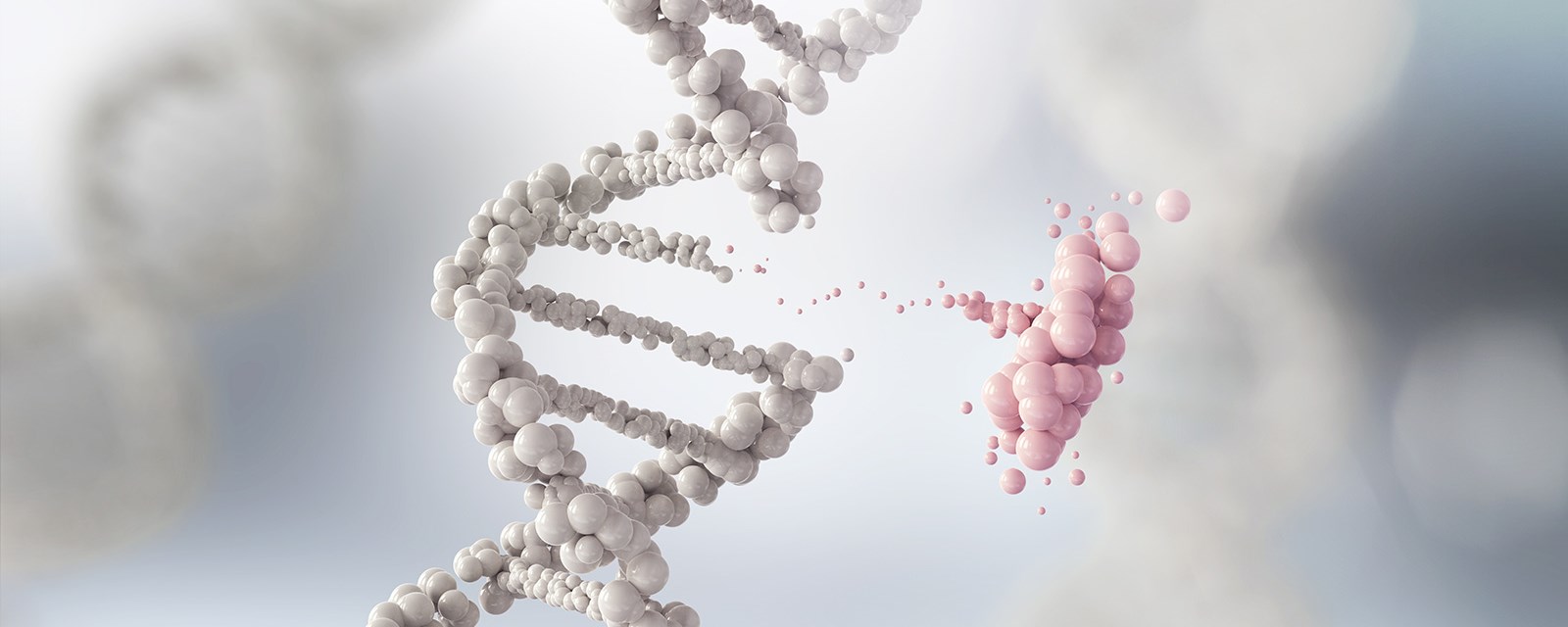Professor Alan Ashworth
E. Dixon Heise Distinguished Professor in Oncology, University of California San Francisco, President, University of California San Francisco Helen Diller Family Comprehensive Cancer Center, Senior Vice President for Cancer Services, University of California San Francisco Health, Professor of Medicine, Division of Hematology/Oncology, Department of Medicine, University of California San Francisco, United States of America


